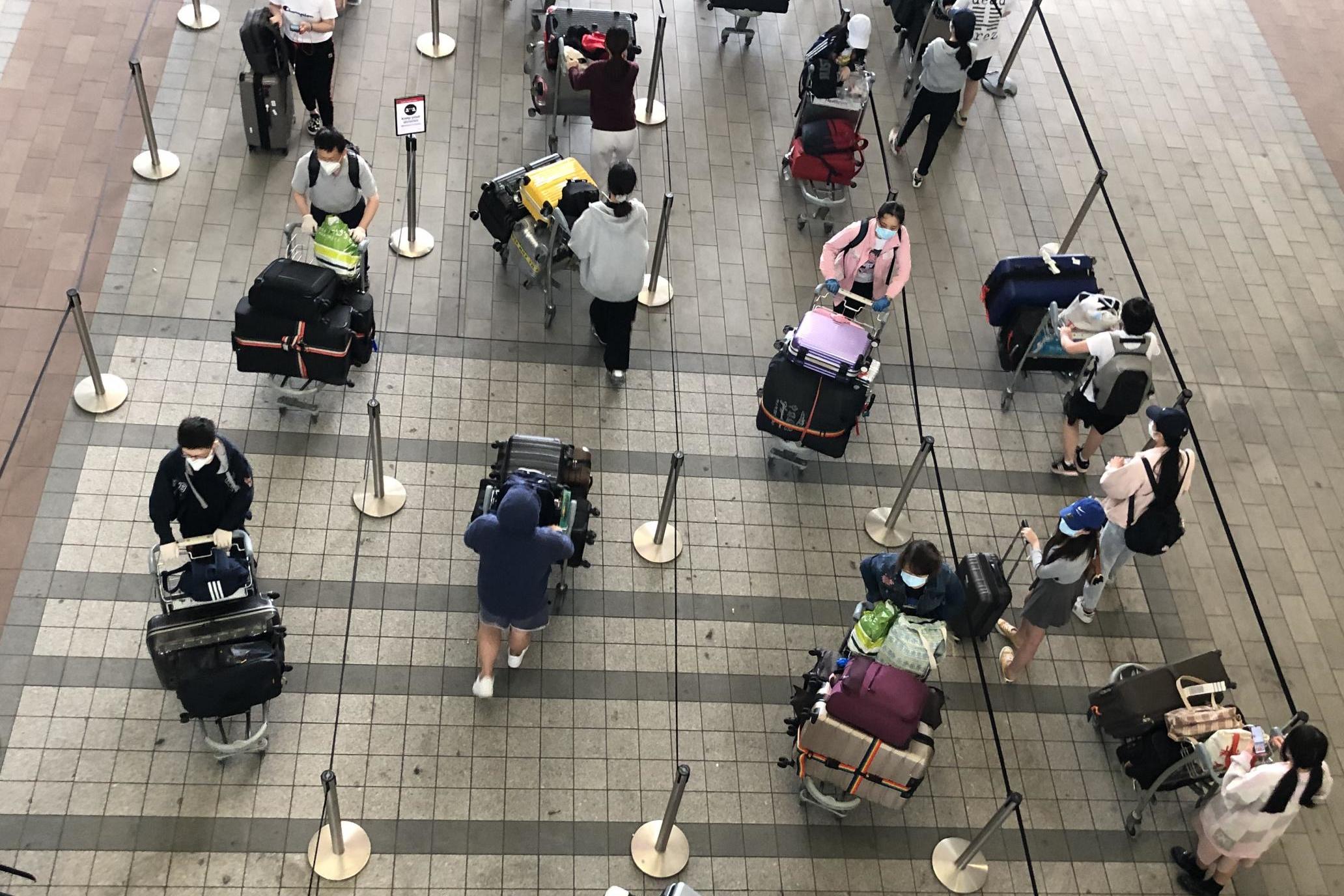This website uses cookies so that we can provide you with the best user experience possible. Cookie information is stored in your browser and performs functions such as recognising you when you return to our website and helping our team to understand which sections of the website you find most interesting and useful.

UK holidaymakers will be able to travel abroad this summer – though it is not yet clear to which destinations.
At present, a “double lock” effectively prevents most overseas travel. The Foreign Office advises against all but essential journeys abroad, while anyone returning to the UK faces two weeks of self-isolation.
The measures have already triggered the cancellation of millions of trips and stifled new outbound and inbound bookings.
But in the next few days the government will set out a list of countries for which both the Foreign Office warning and the quarantine requirement will be lifted.
These are the key questions and answers.
What is changing?
On Wednesday, 1 July, the government is expected to say that the current rules will be relaxed on 6 July for a range of destinations.
Simultaneously, the Foreign Office no-go warning and the need to quarantine will be removed for travellers from a range of countries regarded as “safe” by the Joint Biosecurity Centre – which was set up to coordinate the government’s response to the pandemic.
The centre is categorising countries with a “traffic light” system. Each country is rated green, amber or red, depending on the prevalence of coronavirus, the trajectory of the disease and the centre’s assessment of the data’s reliability.
Quarantine will apply only to nations rated red.
So which countries will we be able to visit?
With various leaked lists of countries circulating, a fair amount of lockdown destination bingo is taking place: speculating which nations will make the grade.
France, Spain and Greece are almost certain to be exempt. Dozens of other countries, particularly in Europe, will expect to be rated green or amber, with quarantine reserved for locations with records similar to, or worse than, the UK. But in practice, the initial list is expected to be a lot shorter.
European business destinations, such as Germany, the Netherlands, Norway and Switzerland, are likely to be quarantine-free.
Italy, Croatia and Turkey are likely to be included, but there is concern about a recent upsurge of cases in Portugal and a decision has yet to be made.
There will be either no or very few long-haul destinations – with no sign of when restrictions for visiting the US might be lifted.
Are there any strings attached?
Yes. Every inbound traveller will be required to complete an online passenger locator form before they are allowed into the UK, so they can be traced if necessary.
Meanwhile, the government says it will not hesitate to “put the brakes on” if there is a flare-up in coronavirus cases in one of the green or amber destinations.
What’s to stop someone heading abroad today?
Nothing. The Foreign Office warning is just advice, and the airlines are steadily increasing the number of flights, with British Airways, easyJet and Ryanair promising more departures from the start of July.
But for the past 100 days, the Foreign Office has advised against all-but-essential travel anywhere abroad, which mean travel firms cannot send package holidaymakers overseas.
Since the government has effectively confirmed that France, Greece and Spain are on the list, and that the quarantine rule is likely to be lifted on 6 July, some travellers have already taken that as a green light to book trips to one of those in the next few days, ie while the Foreign Office advice remains “don’t go”.
Those holidaymakers will find that their travel insurance is void.
Do these countries actually want us?
Mostly, yes – in the health-versus-wealth debate in tourism-dependent countries, the general conclusion is that the need to stave off economic collapse outweighs the risk that comes with an increase in tourists.
But the UK, along with Sweden, is being regarded with circumspection by some countries because of the prevalence of coronavirus.
The Greek tourism minister, Harry Theoharis, told BBC Breakfast that British holidaymakers may have to wait an extra three weeks while the authorities in Athens evaluate the UK health record.
Will travellers seek to dodge the rules?
Some may. The “Spanish swerve” is being discussed as a potential way to avoid quarantine while returning from Portugal – using airports such as Seville, Jerez and Santiago for the journey home.
Another dodge is the “Paris pause”, with passengers from other locations simply changing planes in the French capital before continuing to the UK. They believe that appearing to arrive from a “safe” country will allow them to avoid 14 days of self-isolation.
If I return to the UK before 6 July and start quarantine, but it is then lifted for the country, must I continue?
Yes, the full two-week sentence must be served – or you risk a £1,000 fine (£480 in Scotland).
How has the travel industry responded?
Furiously, because the uncertainty continues for another few days. Millions more holidaymakers still don’t know whether their summer plans can go ahead, while hundreds of thousands of travel industry staff face an uncertain future.
Critics of the blanket quarantine policy have accused the government of a U-turn on the measure, and are asking why a targeted approach was not used from the start?
A spokesperson for British Airways’ parent company, IAG, said: “The impact on the aviation industry and jobs is devastating. Europe is opening up and the UK will be left behind.”
Meanwhile, the inbound travel industry says the summer has been largely written off because of all the uncertainty associated with quarantine.



 Africana55 Radio
Africana55 Radio 

